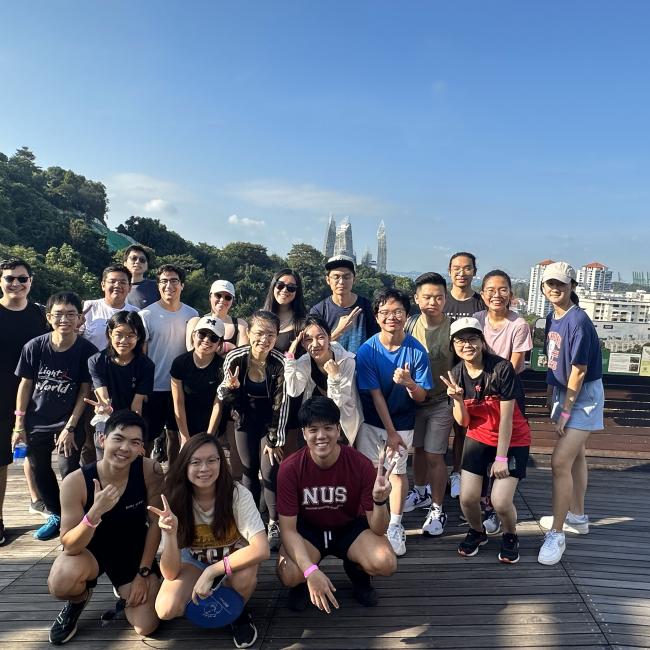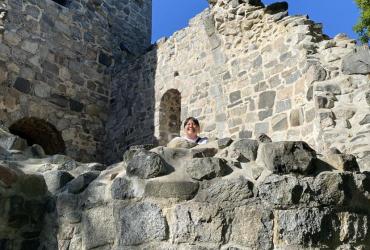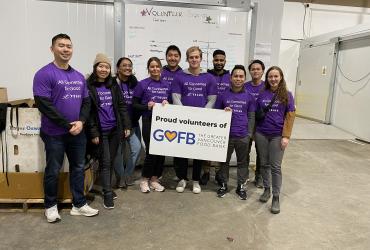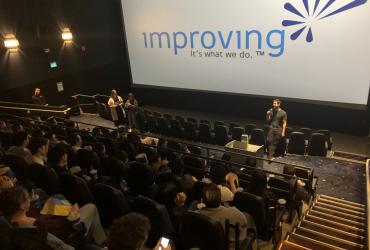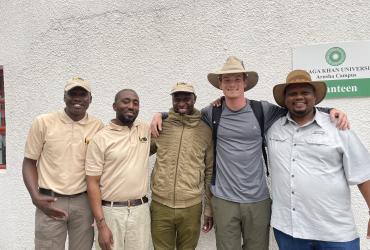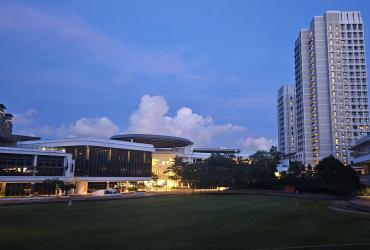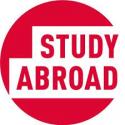Orientation and First Weeks
During my initial weeks at NUS, I was immersed in many orientation activities aimed at integrating exchange students into campus life. From vibrant social gatherings to enlightening cultural workshops, each event offered unique insights and opportunities for connection. An exchanger social provided a platform to forge friendships with fellow global explorers, while a campus tour familiarized me with NUS's expansive facilities. Additionally, a Singlish workshop offered a playful immersion into local language and culture, enhancing my understanding and appreciation of Singaporean identity. These orientation experiences not only eased my transition into university life but also set the stage for a fulfilling and enriching journey ahead, characterized by new friendships, cultural exploration, and personal growth.
Accommodation and Living
Finding accommodation in Singapore can be both expensive and challenging, making university housing a highly recommended option. During my time, I resided at Tembusu College, which offered a vibrant community atmosphere with diverse interest groups ranging from nature and hiking enthusiasts to film aficionados. The option included a meal plan, though alternatives without this feature were also available on campus. It's crucial to apply as soon as applications open, as spaces are limited and competition is fierce. Overall, university housing provides not only a convenient living arrangement but also opportunities for engaging with a diverse community of peers.
Learning and Adaptation
At NUS, I discovered that lectures and tutorials were conducted similarly to those at SFU. Much like the post-COVID norm, recordings were accessible, enabling flexible learning. Additionally, professors remained approachable via email, and TAs fostered interactive learning environments by creating tutorial group chats, facilitating seamless communication and the exchange of ideas. This accessibility and support system further enriched my academic experience, ensuring that I could navigate the coursework with confidence and clarity.
Accomplishments and Challenges
During my exchange in Singapore, I embraced the opportunity to broaden my academic horizons by taking classes that exposed me to the field of data science, an area with which I wasn't as familiar from my studies at SFU. Engaging in these courses opened new doors for personal and academic growth, providing me with valuable insights and skills relevant to the increasingly data-driven world. While navigating the vibrant culture and community of Singapore, I encountered challenges such as language barriers and cultural differences, which tested my resilience and adaptability. Overcoming these obstacles became proud moments of personal triumph, strengthening my confidence and shaping me into a more well-rounded individual.
Social and Extracurricular Activities
Outside of my classes at NUS, I became an active member of "tWild," an outdoors and nature club based at my Tembusu College residence. Throughout the semester, we embarked on exhilarating nature walks, including a memorable night walk with the herpetological society of Singapore at Bukit Batok and a thrilling crocodile-spotting expedition at the Sungei Buloh Wetland Reserve. In addition to these outdoor adventures, I attended various university talks and lectures that sparked my curiosity, such as an insightful interfaith event exploring Islam and Christianity in Southeast Asia and a captivating panel discussion featuring George Yeo, Singapore's former Minister of Foreign Affairs. Being an NUS student also granted me free access to many of Singapore's museums, allowing me to explore and appreciate the rich cultural heritage of the city-state, including visits to the National University of Singapore and Asian Civilizations Museum.









